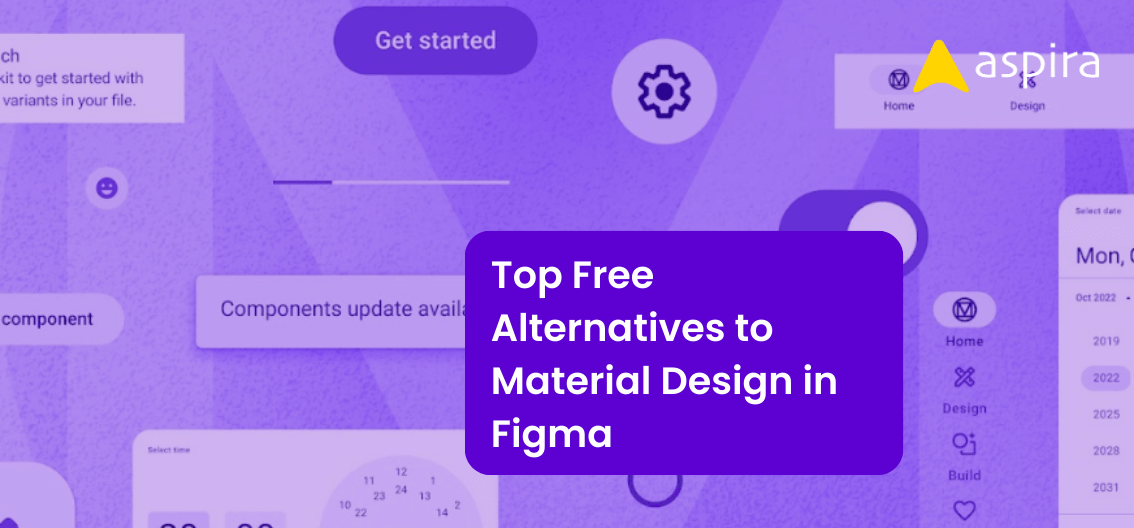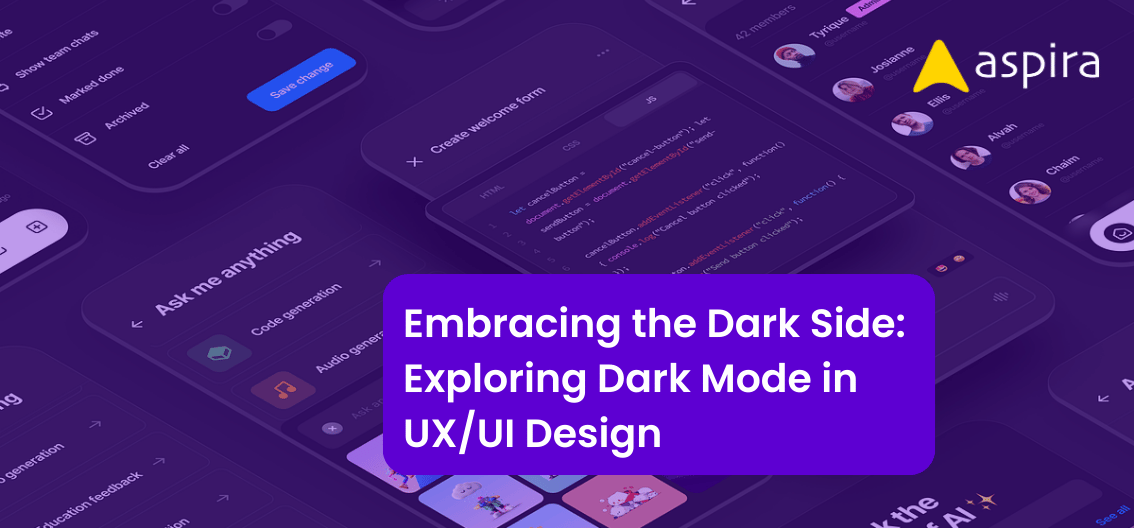UX Design - Mentor & Author.
15 May, 2024

The exciting world of UX design is brimming with creative minds who love crafting user-friendly interfaces. But for those wanting to jump in, a big question pops up: what exactly do you need to land that dream UX designer job?
The great news is, UX design welcomes people from all sorts of backgrounds. Unlike some careers, a fancy college degree isn’t always the key. Employers care more about the skills and experience you have that show you can solve problems and design experiences users love. However, a solid understanding of UX principles and related fields can definitely give you a boost.
So, let’s explore the key qualifications that equip you for a rocking UX design career:
Mastering the Art of UX Designer
UX Design Basics: This is your bread and butter. You’ll need to understand core ideas like how to research what users need (user research), how to test how easy your designs are to use (usability testing), how to organize information clearly (information architecture), and how users interact with the interface (interaction design).
Design Tools and Tech: Knowing the industry-standard design software is key. Tools like Figma or Sketch let you create user interfaces that are both visually appealing and easy to use. Mastering prototyping tools lets you build interactive mockups to see how users interact with your design before it’s built for real. There are also tools to help you gather valuable user data during the research stage.
Problem-Solving Power and Creativity: UX design is all about finding clever solutions. You’ll need to look at user problems with a critical eye, spot the pain points, and come up with creative solutions that make the user experience way better.
Beyond the Technical: Must-Have Personal Qualities as UX Designer
Empathy: Putting Users First: Understanding what users need, why they need it, and what frustrates them is the heart of good UX design. By building empathy, you can design interfaces that users truly connect with.
Communication and Teamwork: As a UX designer, you’ll be working with programmers, researchers, product managers, and other folks. Clear and concise communication is key to ensure everyone’s on the same page about project goals and user needs.
Passion for UX Design: A genuine interest in the field will fuel your journey. Having a passion for user-centered design will help you stay motivated and constantly seek ways to improve the user experience.
Education and Experience: Building Your Foundation
Formal Education (Optional): While not a must-have, a degree in psychology, computer science, design, or a UX-specific program can provide a strong foundation. These programs often equip you with relevant skills and knowledge, making you a more competitive candidate.
Experience You Already Have: Your past experiences might be more valuable than you think! Previous work in customer service, making sure things work right (quality assurance), research, or writing can translate well into UX design skills. For instance, customer service experience hones your empathy skills, while research experience prepares you for user research methods.
The Power of Your Portfolio: This is your golden opportunity to showcase your design process and problem-solving abilities. Build a website or online portfolio to display your UX projects. Focus on projects that highlight how you think about design, the challenges you tackled, and the solutions you implemented.
Alternative Paths to Success: No Degree, No Worries!
The beauty of UX design is that there are many ways to learn the necessary skills. If a traditional degree isn’t your thing, there are plenty of other routes to get the skills you need:
UX Courses and Bootcamps: Many online and offline courses and bootcamps cater to aspiring UX designers. These intensive programs provide comprehensive instruction in UX principles and design tools, often culminating in projects that help you build your portfolio.
Self-Guided Learning: The internet is a treasure trove of UX design resources. Utilize online tutorials, articles, and books to learn at your own pace. Take advantage of free online courses or workshops offered by industry leaders to supplement your knowledge.
Volunteer or Freelance Work: Gain practical experience by volunteering your UX skills to non-profit organizations or taking on freelance projects. Contributing to real-world projects allows you to apply your learnings and build a portfolio.
The Final Touches: It’s All About YOU!
Becoming a successful UX designer is about demonstrating the skills and knowledge employers seek, regardless of your educational background. Focus on developing a strong portfolio that showcases your problem-solving skills and design thinking. Actively seek opportunities to gain real-world experience through volunteering, freelance work, or even personal design projects.
Don’t underestimate the power of networking! Connect with other UX professionals online or attend industry events. Building a network allows you to learn from experienced designers, stay updated on industry trends, and potentially


